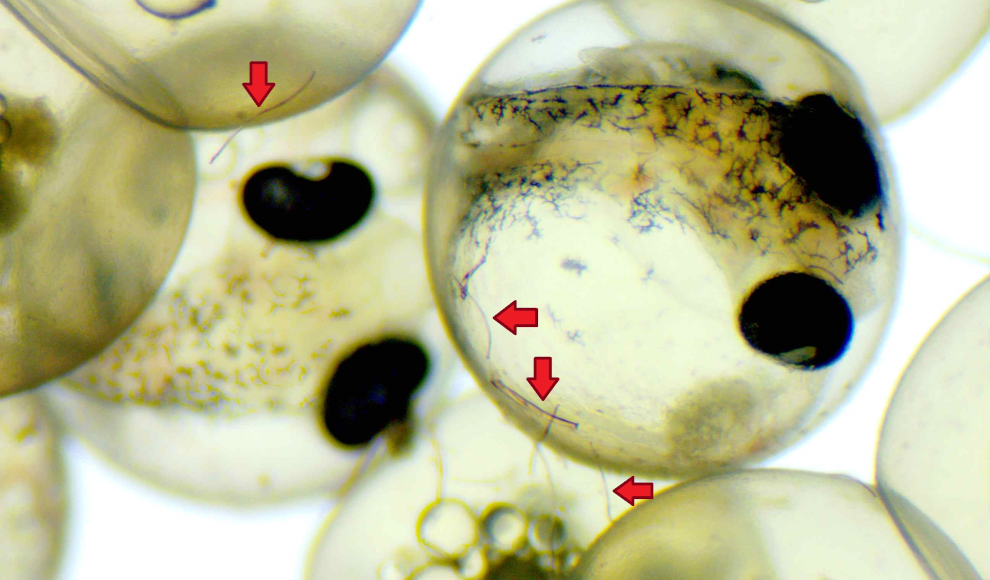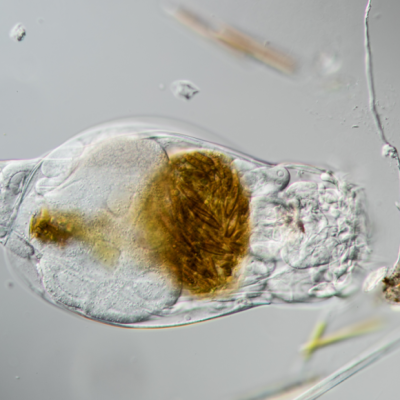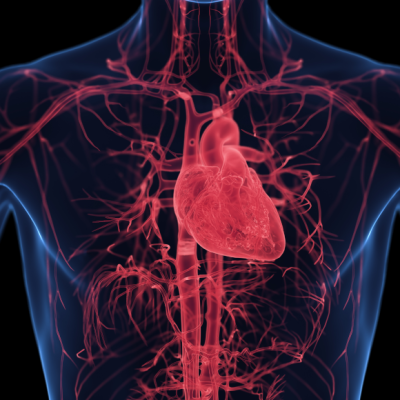A recent study conducted by the Thünen Institute for Fisheries Ecology has found that microplastics in the North and Baltic Seas do not pose a threat to the health of fish or consumers. Despite the increasing contamination of the world’s oceans with microplastics, the impact of these tiny particles on marine ecosystems has remained largely unknown. The PlasM project aimed to investigate the effects of microplastics on fish by feeding sticklebacks a diet containing the same amount of microplastics as found in seawater. The results showed that even at moderate concentrations, microplastics did not harm the fish or affect their development. The study also found that the concentration of microplastic particles in the North and Baltic Seas was relatively low, with the majority of plastic waste accumulating on the seabed.
The researchers used Grundschleppnetzen to catch fish in the North and Baltic Seas, focusing on herring and flounder. They found an average of ten microplastic particles in the digestive tracts of the fish, but this did not affect their health or reproduction. The study also examined the impact of microplastics on the immune system of the fish, but found no evidence of increased inflammation. The researchers concluded that the efficient excretion of microplastic fibers through feces prevents any harmful effects on fish, even at concentrations higher than current environmental levels.
The study’s lead author, Jörn Peter Scharsack, believes that the results are applicable to other vertebrates, as their digestive systems are structurally similar to those of fish. However, he warns that the increasing pollution of the world’s oceans with plastic waste is still a major concern and that further research is needed to fully understand its impact on marine ecosystems. Despite this, the study provides some reassurance that microplastics do not pose an immediate threat to the health of fish or consumers.










